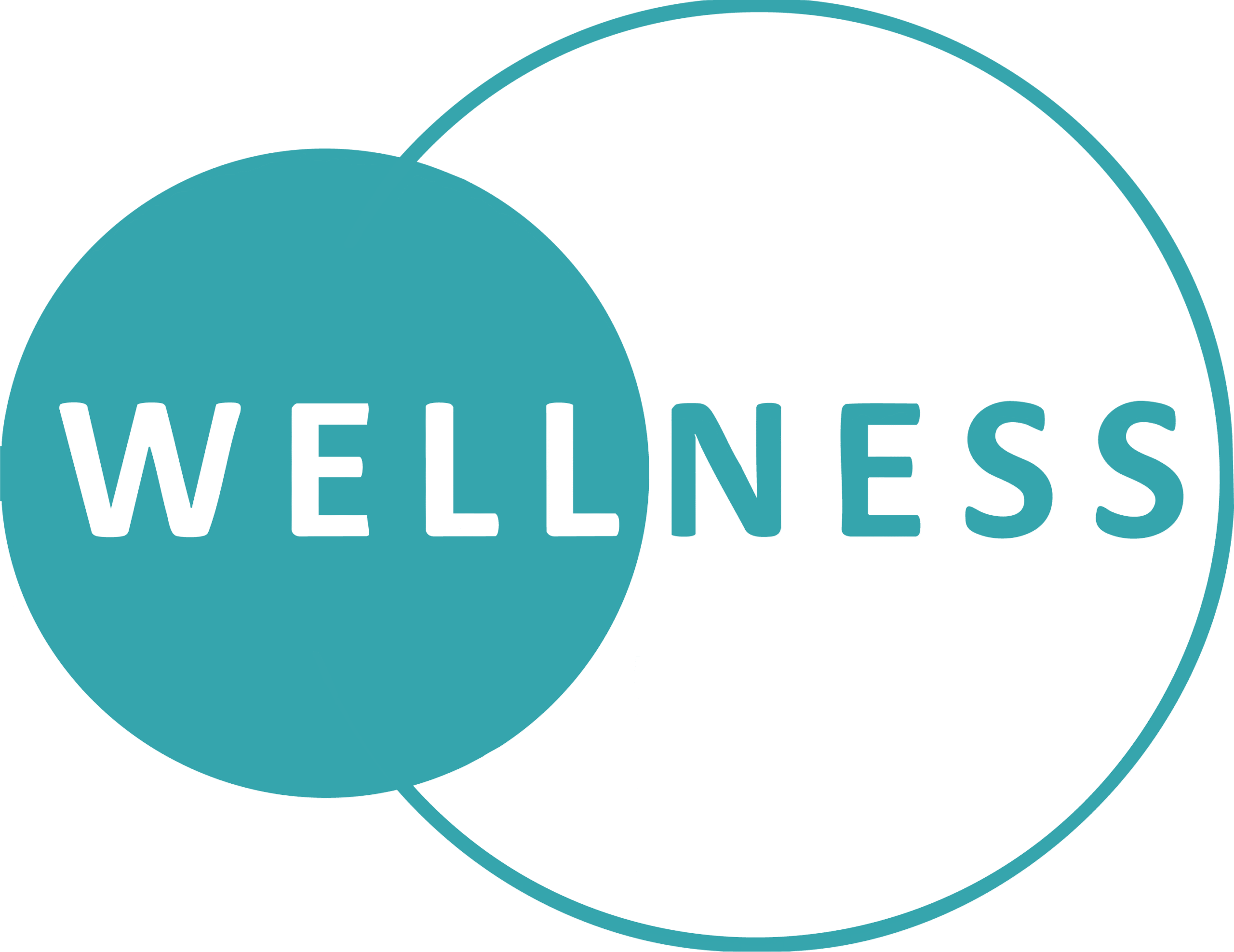Your Body, Your Choice: Understanding Contraception
Contraception is more than just a way to prevent pregnancy. It is an essential part of reproductive health, giving you the freedom to make choices about your body, your relationships, and your future. The right method for you will depend on your stage of life, your health, and your personal preferences.
This article explores the main contraceptive options available in Australia and the key factors to consider when choosing a method. It also highlights how a telehealth nurse practitioner can support you in making a decision that feels right for you, offering confidential and convenient care from the privacy of your home.
Why Contraception Matters
It’s estimated that almost half of Australian women will experience an unplanned pregnancy at some point in their lives.1 For many, contraception provides more than just pregnancy prevention. It offers peace of mind, flexibility, and the ability to plan ahead with confidence.
Your contraceptive needs may change over time. As a teenager or young adult, you may want a method that is affordable and easy to access. After pregnancy, you might prefer something compatible with breastfeeding. Later in life, you may still need reliable protection until after menopause.
Contraception is ultimately about having control over your reproductive health and making choices that support your overall wellbeing. Many people also find it helpful to discuss contraception with their partner, so the responsibility is shared and the method chosen works best for both of you.
Contraceptive Options in Australia
There are many contraceptive options available in Australia, each with different benefits and considerations. No method is 100% effective, so the best choice is the one that fits your health needs, lifestyle, and preferences.2,3 Speaking with a healthcare provider is the first step in finding the method that is right for you.
When weighing up your options, you may like to consider:
- How effective the method is
- Whether it protects against sexually transmitted infections
- Accessibility and cost
- Possible side effects
- Possible other health benefits
- Ease of use
- Your stage of life and personal circumstances
No matter which method you choose, it is also important to have regular screenings for sexually transmitted infections.4 Routine checks help protect both your health and your partner’s, and most infections can be managed effectively if detected early.4
Barrier Methods2,3:
- Condoms: are the only option that also protect against sexually transmitted infections. They can be used together with other forms of contraception.
- Male condom (external): over 88% effective
- Female condom (internal): over 79% effective
- Diaphragms: A reusable silicone cap placed inside the vagina before sex and are over 82% effective.
Hormonal Methods2,3:
- Combined oral contraceptive pill (‘the pill’): a tablet taken every day containing the hormones estrogen and progesterone. The pill is over 93% effective and if used perfectly, is up to 99% effective.
- Progestogen-only pill (‘mini pill’): a tablet taken every day containing the hormone progesterone. The mini pill is less effective that the combined oral contraceptive pill (‘the pill’) because it must be taken at the same time every day to be effective.
- Vaginal ring: a flexible ring placed in the vagina containing the hormones estrogen and progesterone. Vaginal rings are over 93% effective.
Long-acting reversible contraception2,3:
Contraceptive (hormonal) injection: given every three months by your healthcare provider and is over 96% effective.
- Hormonal implant: a small rod placed under the skin of your arm, effective for up to three years. Hormonal implants are over 99% effective. Insertion and removal requires a trained healthcare provider.
- Hormonal intrauterine device (IUD): a small T-shaped device inserted into the uterus via the vagina stopping sperm from reaching the egg. Hormonal IUDs last for 5 years or longer and are over 99% effective.
- Copper intrauterine device (IUD): a small T-shaped device inserted into the uterus via the vagina and last for 5-10 years. Copper IUDs are slightly less effective that hormonal IUDs.
There are other contraceptive options, such as the withdrawal method, fertility awareness methods and sterilisation, which are not covered in this article. You can discuss these in more detail with your healthcare provider to see if they may be suitable for you.
Other Benefits of Contraception
While the main role of contraception is to prevent pregnancy, some contraceptive methods also provide additional health benefits. This can be an important part of your discussion with your healthcare provider and impact your overall decision.
Some of the additional benefits include2-3,5:
- Long-acting reversible contraption: these contraceptive options generally offer the advantage of not needing to be taken every day or every time you have intercourse.
- Intrauterine devices: hormonal IUDs may be effective in treating heavy periods making them light or stopping them completely.
- Contraceptive (hormonal) injection: can make periods less painful. Some women experience no vaginal bleeding or only very light bleeding.
- Condoms: when used properly, can prevent the transmission of STIs.
- Combined oral contraceptive pill (‘the pill’)5: can also help with heavy menstrual bleeding, polycystic ovary syndrome, endometriosis and acne.
- Progestogen-only pill (‘mini pill’): can be suitable for women unable to take estrogen. The ‘mini pill’ can be used while breastfeeding.
- Vaginal ring: can also help with heavy menstrual bleeding, acne, polycystic ovary syndrome and endometriosis.
Contraception is therefore not only about avoiding pregnancy. For many people, the right method also helps manage menstrual symptoms and supports everyday quality of life.
When to Review or Change Your Contraception
Your contraceptive needs can change over time. A method that suits you now may not be the best fit in the future, so it is important to review your choice regularly to make sure it still supports your health and lifestyle. You can discuss your options with a telehealth nurse practitioner, who can help you decide whether your current method is still right for you or if another option may be more suitable.
Some situations where you may want to reassess your contraception include:
- After having a baby or while breastfeeding
- If you are experiencing unwanted side effects
- When your health status changes
- As you approach menopause
- When your lifestyle or family planning goals change
Checking in on your contraception ensures that you continue to feel confident, safe, and supported in your choice.
How Telehealth Can Help
Decisions about contraception are personal, and having expert guidance can make the process easier. A telehealth nurse practitioner can:
- Discuss your health history, lifestyle, and preferences
- Explain the benefits and risks of different contraceptive methods
- Support you in accessing regular screenings for sexually transmitted infections
- Provide prescriptions and referrals when appropriate
- Offer confidential support without the need to attend a clinic in person
Telehealth gives you access to professional advice at a time that suits you, from the comfort and privacy of your own home. It is a flexible option that complements the ongoing care you receive from your GP.
Taking the Next Step
If you are thinking about starting contraception, changing methods, or simply want to better understand your options, a telehealth consultation with a nurse practitioner can provide support that is tailored to you.
Booking an appointment is a simple way to take control of your reproductive health and feel confident in the choices you make for your body and your future.
References:
- Better Health Channel. Pregnancy - unplanned. www.betterhealth.vic.gov.au. Published October 11, 2024. Accessed August 27, 2025. https://www.betterhealth.vic.gov.au/health/ServicesAndSupport/pregnancy-unplanned
- Health Direct. Contraception options. Healthdirect.gov.au. Published June 2023. Accessed August 27, 2025. https://www.healthdirect.gov.au/contraception-options
- Jean Hailes for Women's Health. Contraception. Jean Hailes. Published January 14, 2025. Accessed August 27, 2025. https://www.jeanhailes.org.au/health-a-z/sex-sexual-health/contraception
- Health Direct. Safe sex. www.healthdirect.gov.au. Published March 2024. Accessed September 2, 2025. https://www.healthdirect.gov.au/safe-sex
- Better Health Channel. Contraception - choices. Vic.gov.au. Published October 18, 2022. Accessed August 27, 2025. https://www.betterhealth.vic.gov.au/health/healthyliving/contraception-choices
PRESCRIPTION-004411








